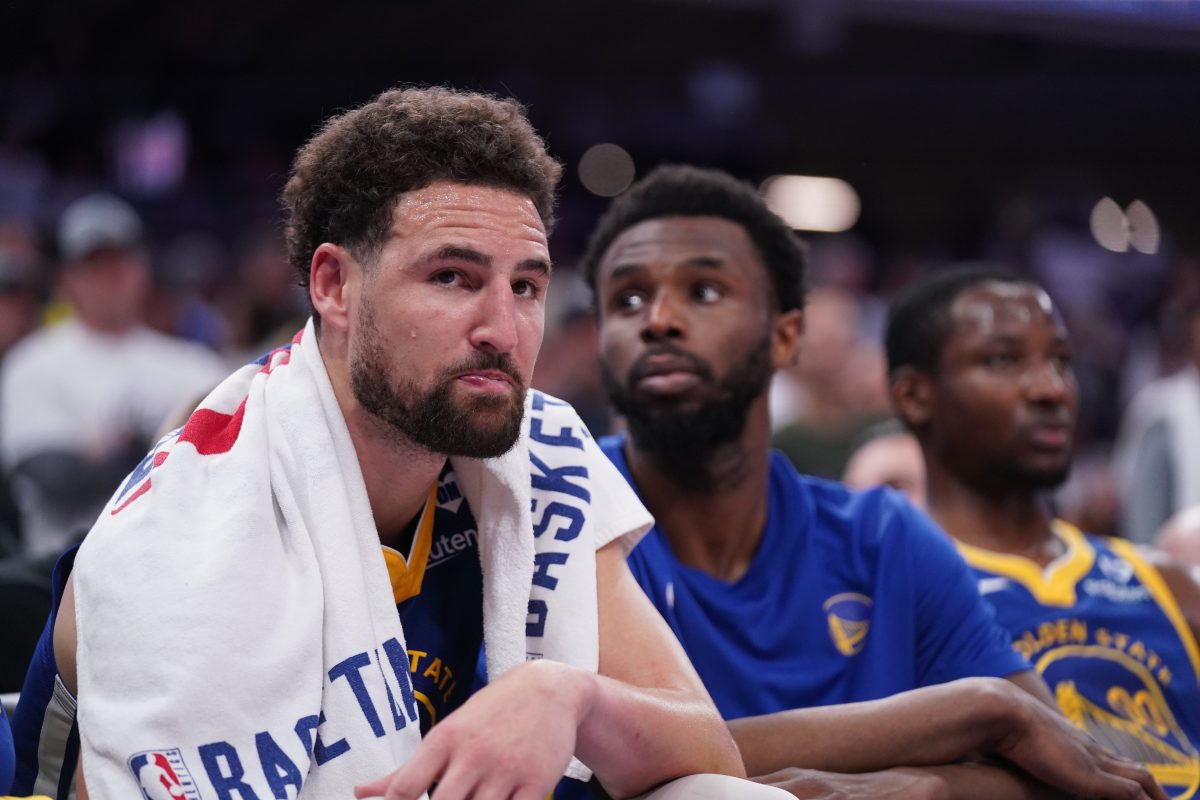In the retro-looking gym that serves as the talent-honing center for Germany's potential Olympian gymnasts, girls aged 6 and 7 in leotards execute their somersaults and back flips under watchful trainers.
From a distance, it is difficult to distinguish Oksana Chusovitina from the kids. However, she has a son who is about three times the age of the young aspiring gymnasts.
Only when she approaches, do features on her small frame reveal differences: The muscles hardened by years of top-level competition, and the lines around the face tell of experience.
From here, Chusovitina moved on to Rio to begin competing in her seventh Olympics, becoming the oldest Olympic female gymnast in history at age 41.
"I am feeling good," she said, speaking German in an interview with The Associated Press. "On the podium, everyone is the same whether you are 40 or 16. You have to go out and do your routine and your jumps.
"But it's a pity there are no points for age," she added, breaking into an easy smile.
Chusovitina, back representing her native Uzbekistan, is an anachronism in an age when gymnasts enter major competitions at 16, and most are teenagers. A legal limit was imposed to prevent ever younger girls coming to competitions.
Sports
Her dedication and love of the sport keep her going, she said.
"I have no pain, no problems. The toughest for me is to wait until the next training," Chusovitina said.
As the Olympics approach, she trains two, three hours a day, or as she puts it, "not so much."
About 1.50-meters (five-feet) tall and weighing about 43 kilograms (95 pounds), Chusovitina looks very fit. She cannot really pinpoint the reason for her competitive longevity.
"I don't know how I stay fit, I think you have to ask my mother," she said, suggesting good genes.
"I love this sport, I love training, I am always eager to train," Chusovitina said.
Chusovitina's best chance for a medal in Rio is the vault, in which she won a silver medal at the 2008 Beijing Games, then competing for Germany. She has 10 medals in the vault at world championships, plus one in the floor.
But she is reluctant to speak about a podium finish in Rio.
"I don't want to talk about the podium or the medals. I first want to prepare in the time before the games, fly to Brazil, and be healthy," she said.
Speaking of which, Chusovitina said she was not worried about the Zika virus even though some top male golfers, notably, have pulled out of the Olympics because of fears of getting infected.
"I am not flying to Brazil to get pregnant," she said, laughing loudly.
As she jumped onto the beam for a few moves, her son Alisher walked into the gym to wait for her to finish training.
Alisher is the reason Chusovitina mostly lives and trains in Germany. She is married to Uzbekistan's Olympic wrestler, Bakhodir Kuranov, and their son was born in 1999.
In 2002, Alisher was diagnosed with leukemia. Unable to get treatment for her son or to pay for it, Chusovitina came to Germany at the invitation of a club in Cologne. A fundraising campaign and money she earned in competitions paid for Alisher's treatment, and he is fully recovered. Approaching his 17th birthday, Alisher is more interested in basketball than in gymnastics.
During Alisher's treatment, Chusovitina competed for Germany, winning silver in the vault in Beijing and a pair of world championship medals.
Her international career began for the Soviet Union with gold medals in the team event and the floor, and silver in the vault, at the 1991 worlds in Indianapolis.
The next year, she earned a team gold at the Barcelona Olympics, now for the Unified Team, one of the successor teams of the Soviet Union.
Her German manager, Michael Fabig, thinks Chusovitina may not be through with the Olympics after Rio.
"I don't think she'll ever retire," he said with an I-give-up shrug of his shoulders.



